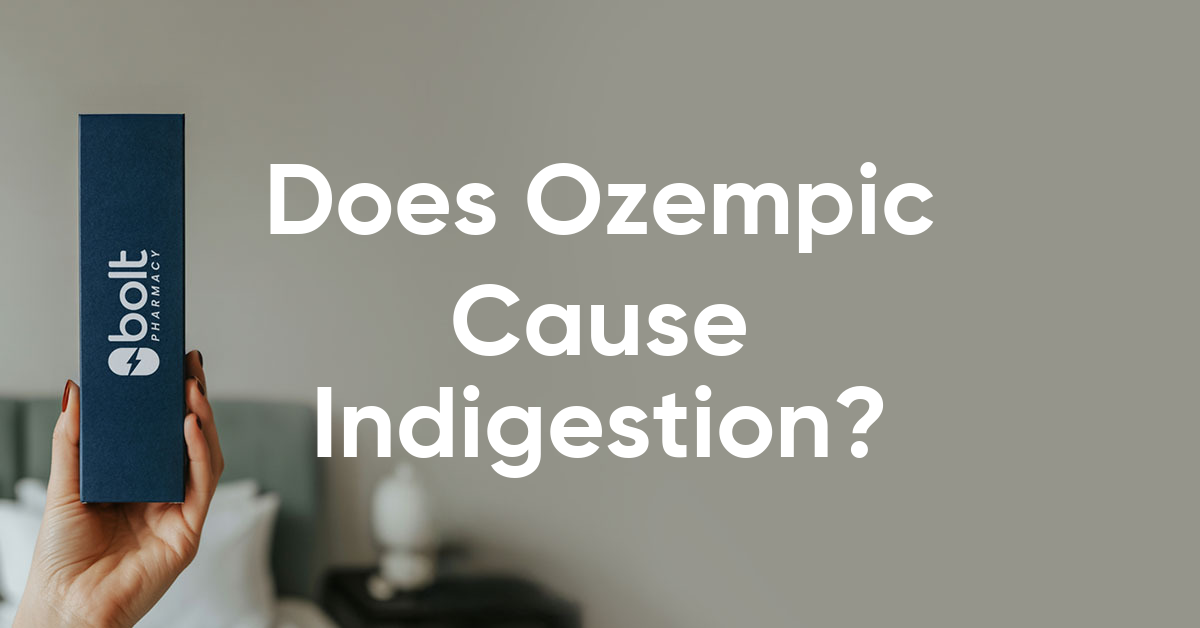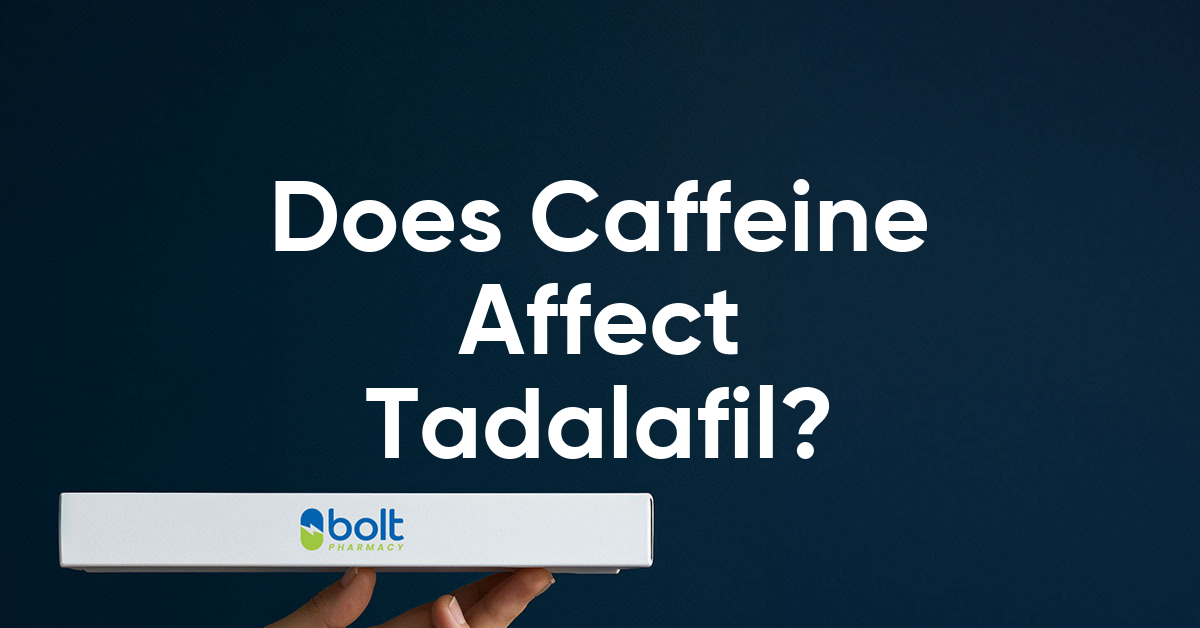Does Ozempic cause indigestion problems? Yes, indigestion (dyspepsia) is a recognised side effect of Ozempic (semaglutide), a glucagon-like peptide-1 (GLP-1) receptor agonist licensed in the UK for type 2 diabetes mellitus. According to the MHRA-approved Summary of Product Characteristics, dyspepsia is common, affecting between 1 in 10 and 1 in 100 people. Gastrointestinal symptoms arise because semaglutide slows gastric emptying, leading to feelings of fullness, bloating, and upper abdominal discomfort. Whilst many patients experience minimal symptoms, others may find digestive effects more troublesome, particularly during initial treatment or dose escalation. Understanding these effects and appropriate management strategies is essential for optimising treatment outcomes.
Summary: Ozempic (semaglutide) commonly causes indigestion, affecting between 1 in 10 and 1 in 100 people, due to its mechanism of slowing gastric emptying.
- Semaglutide is a GLP-1 receptor agonist licensed in the UK for type 2 diabetes mellitus, not weight management.
- Gastrointestinal side effects are very common, with nausea being the most frequently reported symptom affecting more than 1 in 10 people.
- The medication slows gastric emptying by activating GLP-1 receptors throughout the gastrointestinal tract, causing delayed stomach-to-intestine transit.
- Management includes eating smaller frequent meals, avoiding high-fat foods, and using antacids or alginates for symptomatic relief.
- Severe abdominal pain, persistent vomiting, or signs of pancreatitis require immediate medical attention via emergency services.
- Patients should report side effects via the MHRA Yellow Card scheme and discuss dose adjustments with their prescriber if symptoms are intolerable.
Table of Contents
Does Ozempic Cause Indigestion Problems?
Ozempic (semaglutide) is a glucagon-like peptide-1 (GLP-1) receptor agonist licensed in the UK for the treatment of type 2 diabetes mellitus. While it offers significant benefits in glycaemic control, and weight loss may occur as a pharmacological effect, it is important to note that Ozempic is not licensed for weight management in the UK.
Indigestion, medically termed dyspepsia, is indeed recognised as a potential side effect of Ozempic therapy. According to the MHRA-approved Summary of Product Characteristics (SmPC), gastrointestinal disorders are very common (affecting more than 1 in 10 people), with nausea being the most frequently reported symptom. Dyspepsia specifically is listed as a common side effect (affecting between 1 in 10 and 1 in 100 people).
The mechanism underlying these digestive effects relates to semaglutide's pharmacological action. As a GLP-1 receptor agonist, Ozempic slows gastric emptying—the rate at which food moves from the stomach into the small intestine. This delayed transit can lead to feelings of fullness, bloating, upper abdominal discomfort, and symptoms consistent with indigestion. Additionally, GLP-1 receptors are present throughout the gastrointestinal tract, and their activation can influence gut motility and secretion.
It is important to note that whilst indigestion is a recognised side effect, individual experiences vary considerably. Some patients report minimal or no digestive symptoms, whilst others may find these effects more troublesome. The severity and duration of symptoms typically diminish over time as the body adapts to the medication, though this adjustment period differs between individuals.
Common Digestive Side Effects of Ozempic
Beyond indigestion specifically, Ozempic is associated with a spectrum of gastrointestinal adverse effects that patients and prescribers should be aware of. According to the MHRA-approved SmPC, these include:
Nausea represents the most frequently reported digestive side effect and is classified as very common (affecting more than 1 in 10 people). This sensation often peaks during the first few weeks of treatment or after dose increases, and typically subsides as therapy continues. Vomiting (also very common) may accompany nausea in some cases. Both symptoms are thought to result from the medication's effect on gastric emptying and central appetite regulation centres.
Diarrhoea is very common, while constipation is common (affecting between 1 in 10 and 1 in 100 people). These seemingly contradictory effects reflect individual variations in how the gastrointestinal system responds to altered motility. Some patients experience abdominal pain (common) or abdominal distension (common), which may present as cramping or a persistent ache in the upper abdomen—symptoms that overlap considerably with dyspepsia.
Flatulence and gastro-oesophageal reflux disease are also listed as common side effects. The slowed gastric emptying may increase pressure within the stomach, potentially exacerbating reflux in susceptible individuals. Patients may also report early satiety (feeling full after eating only small amounts) and decreased appetite, which can contribute to altered eating patterns and digestive discomfort.
Less commonly, GLP-1 receptor agonists including semaglutide have been associated with gallbladder disorders such as cholelithiasis (gallstones) and cholecystitis (gallbladder inflammation). Symptoms may include right upper abdominal pain, fever, or jaundice, and require prompt medical assessment.

Managing Indigestion While Taking Ozempic
Effective management of indigestion whilst taking Ozempic involves both lifestyle modifications and, when necessary, symptomatic treatment. NICE Clinical Guideline 184 on dyspepsia and gastro-oesophageal reflux disease provides principles for managing these symptoms.
Dietary adjustments can significantly reduce digestive discomfort. Patients should consider:
-
Eating smaller, more frequent meals rather than large portions, which accommodates the delayed gastric emptying
-
Avoiding high-fat foods, as fats slow digestion further and may exacerbate symptoms
-
Reducing intake of spicy, acidic, or heavily seasoned foods that may irritate the stomach lining
-
Limiting carbonated beverages and caffeine, which can increase bloating and reflux
-
Eating slowly and chewing thoroughly to aid the digestive process
-
Avoiding lying down immediately after meals; remaining upright for 2–3 hours helps prevent reflux
Hydration is important, but patients should sip fluids between meals rather than drinking large volumes with food, which can contribute to feelings of fullness and discomfort. Staying well-hydrated also helps prevent constipation, another common side effect.
Some patients find that consistent timing of Ozempic administration may help manage symptoms, though this is based on patient experience rather than clinical trial evidence.
Over-the-counter remedies may provide symptomatic relief. Antacids containing aluminium hydroxide or magnesium carbonate can neutralise stomach acid and ease heartburn. Alginates (such as Gaviscon) form a protective barrier over stomach contents and may help with reflux symptoms. As a precaution, patients should consult their pharmacist before starting any new medication.
For persistent symptoms, healthcare professionals may consider prescribing proton pump inhibitors (PPIs) such as omeprazole or lansoprazole, which reduce stomach acid production. In line with NICE guidance, these should be used at the lowest effective dose for the shortest duration necessary.
Importantly, if gastrointestinal side effects are troublesome, the SmPC advises that dose escalation can be delayed or maintained at a lower dose until symptoms improve. This should be discussed with the prescriber rather than patients adjusting doses themselves. Non-steroidal anti-inflammatory drugs (NSAIDs) should be avoided where possible as they may worsen dyspepsia.
When to Seek Medical Advice About Digestive Symptoms
Whilst mild to moderate digestive symptoms are common with Ozempic and often resolve with time, certain symptoms warrant prompt medical evaluation. Patients should be educated about warning signs that require professional assessment.
Immediate medical attention (via emergency services or A&E) is necessary if patients experience:
-
Severe, persistent abdominal pain, particularly if it is constant, worsening, or located in the upper abdomen radiating to the back—this may indicate pancreatitis, a rare but serious adverse effect
-
Persistent vomiting that prevents adequate fluid or medication intake, risking dehydration and acute kidney injury
-
Signs of dehydration, including dizziness, reduced urination, dark urine, or confusion
-
Vomiting blood or passing black, tarry stools, which may indicate gastrointestinal bleeding
-
Severe allergic reactions, including facial swelling, difficulty breathing, or widespread rash
Urgent medical assessment is required for:
-
Difficulty swallowing (dysphagia) – this requires urgent referral (within 2 weeks) in line with NICE Guideline 12 on suspected cancer referral
-
Right upper abdominal pain with fever or jaundice – which may indicate gallbladder problems
-
Weight loss with persistent dyspepsia or reflux, particularly in people aged 55 and over
Contact your GP or diabetes specialist nurse if:
-
Digestive symptoms persist beyond 4–6 weeks without improvement
-
Symptoms significantly interfere with daily activities and nutrition
-
You experience unintentional weight loss beyond expected therapeutic effects
-
New or worsening heartburn develops that does not respond to lifestyle measures or antacids
-
Symptoms prevent you from taking the medication as prescribed
Regular monitoring is essential for all patients taking Ozempic. Healthcare professionals should review tolerability at follow-up appointments, with earlier reviews for dose titration and side effect management, and a comprehensive assessment at around 6 months in line with NICE Guideline 28 for type 2 diabetes management.
Patients should maintain open communication with their diabetes care team. If side effects are intolerable despite management strategies, dose adjustment or alternative treatment options can be discussed. The decision to continue, modify, or discontinue Ozempic should be made collaboratively, weighing the therapeutic benefits against the impact of adverse effects on quality of life.
Patients are encouraged to report suspected side effects via the MHRA Yellow Card scheme (yellowcard.mhra.gov.uk or the Yellow Card app).
Frequently Asked Questions
How long does indigestion from Ozempic typically last?
Indigestion and other gastrointestinal symptoms typically peak during the first few weeks of treatment or after dose increases, then gradually diminish as the body adapts to the medication. The adjustment period varies between individuals, but symptoms often improve within 4–6 weeks.
Can I take antacids whilst using Ozempic for indigestion?
Yes, over-the-counter antacids containing aluminium hydroxide or magnesium carbonate, or alginates such as Gaviscon, may provide symptomatic relief for indigestion. Consult your pharmacist before starting any new medication to ensure it is appropriate for your circumstances.
When should I contact my doctor about digestive symptoms on Ozempic?
Contact your GP if digestive symptoms persist beyond 4–6 weeks, significantly interfere with daily activities, or prevent you from taking the medication as prescribed. Seek immediate medical attention for severe persistent abdominal pain, persistent vomiting, signs of dehydration, or vomiting blood.
The health-related content published on this site is based on credible scientific sources and is periodically reviewed to ensure accuracy and relevance. Although we aim to reflect the most current medical knowledge, the material is meant for general education and awareness only.
The information on this site is not a substitute for professional medical advice. For any health concerns, please speak with a qualified medical professional. By using this information, you acknowledge responsibility for any decisions made and understand we are not liable for any consequences that may result.
Heading 1
Heading 2
Heading 3
Heading 4
Heading 5
Heading 6
Lorem ipsum dolor sit amet, consectetur adipiscing elit, sed do eiusmod tempor incididunt ut labore et dolore magna aliqua. Ut enim ad minim veniam, quis nostrud exercitation ullamco laboris nisi ut aliquip ex ea commodo consequat. Duis aute irure dolor in reprehenderit in voluptate velit esse cillum dolore eu fugiat nulla pariatur.
Block quote
Ordered list
- Item 1
- Item 2
- Item 3
Unordered list
- Item A
- Item B
- Item C
Bold text
Emphasis
Superscript
Subscript












